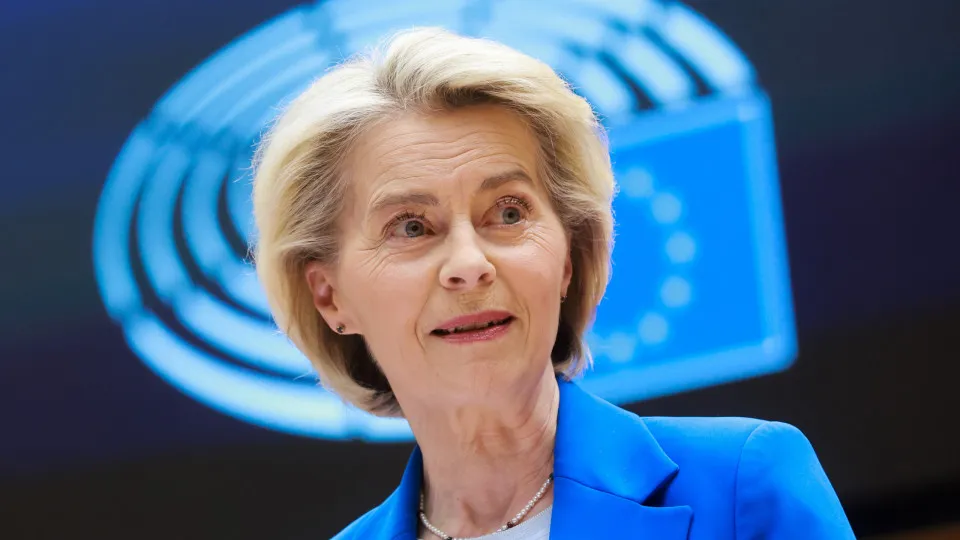
“The euro area’s inflation is expected to continue its decline, reaching 2.1% in 2025 and stabilizing around 2% over the forecast horizon. In the EU, inflation is expected to remain slightly higher, decreasing to 2.2% by 2027,” states the European Commission in its autumn economic forecast, published today.
Following a strong ascent in inflation within the eurozone, primarily due to the abrupt rise in energy and food prices after the Ukraine war, the European Commission now forecasts that inflation in the single currency area will decrease from 2.4% in 2024 to 2.1% in 2025, subsequently remaining stable at 1.9% in 2026 and 2.0% in 2027.
In the EU, inflation is projected to drop from 2.6% in 2024 to 2.5% in 2025, before falling to 2.1% in 2026 and reaching 2.2% in 2027.
Alongside the diminishing pressures in services, core inflation (excluding energy and food) is anticipated to gradually decline to 2% by the end of 2027 in both the euro area and the EU.
“Overall inflation in the euro area is expected to remain close to the ECB’s 2% target throughout the forecast horizon. This overall stability hides different trends among the various inflation components. Inflation in services and food prices is expected to gradually weaken as wage growth slows and internal pressures in the food industry decrease,” the European Commission notes.
Conversely, while energy inflation is expected to remain negative in 2025 and 2026, the institution anticipates that it will gradually recover and turn positive in 2027, should the new EU Emissions Trading System come into effect as currently legislated.
Meanwhile, inflation in non-energy industrial goods is expected to remain low and stable throughout the horizon, “limited by increased import competition and the appreciation of the euro.”
Since the onset of the Ukraine war, caused by Russia’s invasion in 2022, the eurozone has faced a strong inflation surge.
These external shocks pushed inflation well above the ECB’s 2% target set to ensure price stability, affecting household purchasing power and company costs.
While inflation has begun to ease with the normalization of energy markets and the implementation of monetary policy, it still remains above desirable levels, keeping price stability a central challenge for the ECB.
The European Commission updates today its forecasts on economic growth in the eurozone and the EU, which, like previous ones, remain marked by uncertainty due to the global context, despite commitments from Brussels and Washington for a trade understanding that eased tensions.
The next set of forecasts, the spring ones, will be released in May 2026.




